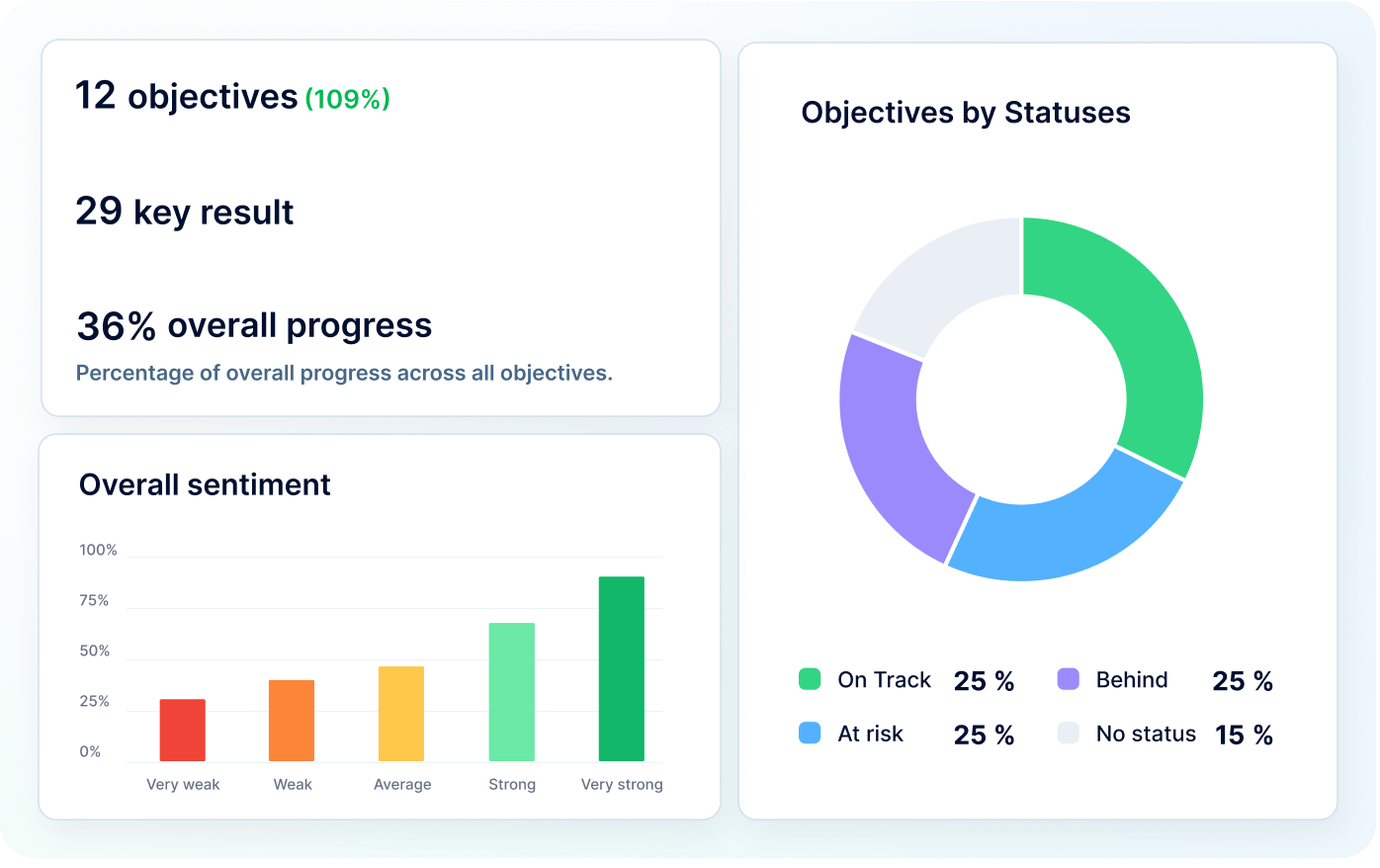
Hiring Managers vs. Recruiters: What is the Difference?
People are the most important asset in a company, therefore, the recruitment and hiring process are very important and requires lots of attention, because there is where the employee-company relationship born. This process is approached by two profiles of equal importance, with particular objectives, which complement each other to initiate the incorporation of professional and/or specialist personnel within an organization.
The hiring manager and the recruiter handle personal hiring under different perspectives. The first one is interested in solving with labor the activities of the operative continuity or of the new projects under his charge. The second is interested in making a successful process of incorporation of talent; that is to say, that the profile of the person sought fits perfectly with the profile requested. If both parties wish to achieve success in hiring a person, they must join in a work team to support and provide feedback to each other, thus increasing the probability of success.
Next, we will review three characteristics of the recruiting team. First, the relationship between the profiles of the hiring manager and the recruiter, second, the similarities between the two profiles, and finally, what the points of cooperation between the two profiles are.
What is the relationship between a hiring manager and a recruiter?
Professional preparation is fundamental in the recruiting and candidate selection to fill a position. The relationship between the hiring manager and the recruiter arises from the need to fill a vacancy due to a person leaving the company, for different reasons such as resignation, internal movements, professional growth and/or dismissal of the person who held the position. Another case has to do with the expansion of the company's operations or by the need to assign additional effort to a process or project.
To fully understand the relationship between a hiring manager and a recruiter, the following describes the responsibilities and qualifications of each, as well as some recommendations for becoming a hiring manager or a recruiter, as appropriate.

What does a Hiring Manager do during the recruiting process?
The role of a hiring manager during the recruiting and hiring processes includes the following responsibilities:
- Identification of skills. Selection of skills to be met by the candidate for the desired position.
- Creating the job offer. Collaboration in the creation of the job offer, providing the recruitment team with the details of the profile sought, responsibilities to be fulfilled, hard and soft skills required for the position.
- Resume review and applicant interview. Conduct a thorough review of the resumes recommended by the recruiter. Identify relevant experiences and skills. Interview the applicant, after reading the resume. Specify short and medium term expectations of the applicant and contrast them with the needs and objectives of the company.
- Incorporation and onboarding. Ensure the proper integration of the selected person to the team or project with which he/she will be involved.
- Training. Identify the knowledge gaps that need to be covered for the best performance of the employee and, together with the Human Resources department, design the training plan for him/her.
- Performance evaluation. Evaluate the job performance of the person to stimulate and assist him/her in case of deviations.
- Retention strategy. Define together with the human resources department a retention strategy to ensure the employee's continuity and growth within the company.
What are the qualifications of a Hiring Manager?
The hiring manager has a great responsibility within the organization to which he/she belongs, since he/she is the one who will make the final decision on whether or not to hire a person. Additionally, he/she must be involved in the training, integration and success of the new employee. Such commitment involves the following competencies and skills:
- Communication. Practicing active listening.
- Critical thinking.
- Teamwork
- Leadership
- Planning and follow up
- Conflict resolution
- Decision making
- Inclusive mindset and behavior
How to become a Hiring Manager?
A hiring manager is usually a functional manager, team leader, department supervisor or project manager. For this reason, it is important that you consider moving up into these types of roles within your career in the company.
- Gain work experience in leadership and supervisory positions.
- Consider becoming certified to promote yourself and increase the value of your profile.
- Move up the ladder by pursuing opportunities with hiring responsibilities.

What is the role of a recruiter in the hiring process?
The recruiter is usually part of the company's human resources department or may belong to an external headhunting organization. Among the responsibilities of this profile are:
- Identify high-quality candidates. Based on the expectations expressed in the job offer, which was made during the recruitment planning, the recruiter proceeds to search for potential candidates in the labor market and selects the most qualified for the position.
- Interviewing selected candidates. Calls the selected candidates and conducts the interview and based on the interests of the individuals may select the ones to recommend to the hiring manager for further interview.
- Assisting the hiring manager and gives recommendations. Send a short list of candidates and the results of their first interview, along with your recommendations, to the hiring manager. Assures the hiring manager of the availability of the profiles until the right person is found. Provides external information to the company on salaries, benefits and other perks that are being added in the marketplace to job openings. Updates or creates the job description, as appropriate.
What are the qualifications of a recruiter?
To source and attract excellent candidates, a recruiter must cultivate for themselves the culture of excellence and impeccability, and develop their technical and soft skills. Some of the skills that a recruiter should look for in their profile include:
- Collaborative work
- Communication
- Proactivity
- Planning
- Task follow-up
- Use of support software
- Use of digital tools
- Negotiation and sales
How to become a recruiter?
To become a recruiter, it is advisable to obtain a degree in areas such as Human Resources, Industrial Relations, Psychology, Sociology, Management or some other related career. Other recommendations include:
- Acquire work experience, not necessarily in Human Resources.
- Consider the possibility of becoming certified in a human resources subject to promote yourself and increase the value of your profile.
- Keep up to date on new trends in hiring processes and techniques.
- Move up the career ladder by seeking opportunities in the talent acquisition field.

Similarities between recruiter and hiring manager
Share the goal. Both profiles share the ultimate objective of getting the most qualified profile to fill a position in the company.
Know the processes. Each knows the processes under his/her responsibility. The recruiter is in charge of the processes associated with human resources and the hiring manager is fully aware of the functioning of the sector, department or project he/she manages within the company.
Make the sale of the company. Each, from his or her own perspective, recognizes the need to sell the benefits of working at the company to the most qualified applicants.
Practice inclusive hiring. Recruitment management, by both roles, must ensure that job applicants are attracted to the company culture from the first contact.
Collaboration between the recruiter and the hiring manager
The hiring manager and the recruiter interact throughout the recruitment and selection process. The recruiter supports the hiring manager in selecting the most qualified profiles. They work as a team to prepare the job description, as well as the list of skills and experience required for the position to be filled by the new employee.
They review the resumes of the profiles, previously selected by the recruiter, with the intention of selecting the most qualified profiles according to the hiring manager's criteria. Once the new employee is selected, the recruiter will support the hiring manager in the onboarding, training and evaluation processes.
Hiring Managers vs. Recruiters: conclusion
The quality of a company's professionals and specialists directly influences the profitability of the business. Hence the importance of recruiting, hiring and retaining the most qualified talent to join the different operational and management groups.
When both the hiring manager and the recruiter understand and accept the responsibility of acquiring the right talent for the company, the success of the hiring process is assured. Information must flow seamlessly between the hiring manager and the recruiter. Transparency and honesty in communication will increase the chances of selecting the best candidate with the best chance of staying with the company.
Frequently Asked Questions
Who is usually the hiring manager?
The hiring manager is an employee of the company, usually with supervisory responsibilities, is a functional manager, boss, or leader, who must fill a vacancy because someone leaves his/her position or because of the need for additional manpower for regular or new tasks within the company.
How can hiring managers help recruiters?
Communicate information about the department, the organization and the position to be filled. Point out the needs to be met by the required profile. Outlining what type of candidate is needed and what requirements must be met.
Does the hiring manager decide on the salary?
Yes, the hiring manager usually determines the salary of the new employee based on the available budget. During the hiring process, the hiring manager receives indications from the recruiter about the salary ranges versus the profiles set by the company.
Does the hiring manager have the final say?
Yes, the hiring manager has the final say in deciding whether the profile of the person interviewed and evaluated fits the profile sought and is considered a long-term value to the company.
With over five years in HR tech content creation, Maria explores how technology, people, and culture shape the workplace of today. Her interests include HR, AI, IT, and personal development, and she brings a data-driven, human-centered perspective to her writing.
Get started with PeopleForce today
Automate your HR routine to create a high performance culture in your company. PeopleForce is your best HRM alternative to stay business driven but people focused.

Recent articles
Top 10 ATS systems: The ultimate recruiter's guide
Looking for the best ATS? Compare the top 10 ATS systems by features, pricing, and user reviews to find the perfect hiring solution for your team.
🎉 PeopleForce Wrapped 2025: a year of HR magic
2025 wasn’t just about shipping features — it was about making HR work better at scale. Let’s unwrap everything we built together.
Get Ready for the EU Pay Transparency Directive with PeopleForce
Discover the key obligations of the Pay Transparency Directive and see how PeopleForce helps organisations prepare the structures, processes, and data needed to comply with the new requirements.

